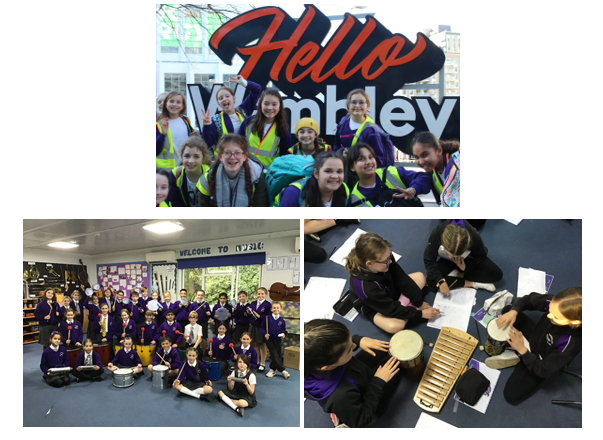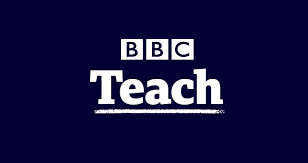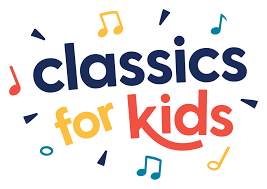Music

Rationale
The aim of music lessons is to cultivate a real enjoyment of music through high quality teaching, supporting and encouraging all children to achieve their full potential.
Music is a unique form of communication and is an integral part of culture. It provides an important medium to help children understand themselves, relate to others and the wider world.
Intent
By the time a child leaves Ravenscote, they should be a well-rounded musician: curious to listen and learn about new music, drawing on their experiences of previous listening; have an understanding of the history of different genres of music; be able to notate and structure ideas to compose music; and have experience of playing a wide range of instruments.
Each unit children will draw upon previous learning – developing notation skills, listening and analysis skills, composing and performing. They will also learn to work in teams and perseverance along with other social skills that are required when composing in groups and developing a new skill.
Although all 6 objectives from the curriculum are covered each year, there is a particular focus within each year group. In year 3 they learn a basic of all of the 6 areas of the curriculum, with a particular focus on making music and learning how to play instruments. In year 4 there is a particular focus on reading notation and becoming comfortable using it. In year 5 there is more a focus on listening to new music, developing their listening skills. In year 6 the focus is more on composition, performing and using the skills that they have been developing.
Implementation
Each class receives an hour of music tuition each week, with extra-curricular opportunities available, including: private instrumental lessons, samba band, two recorder clubs, choir, Purple Harmony. Over the year, children will cover 6 units of work (see long term plan).
Each year group has a unit focused on learning an instrument where they will learn notation, composition and performance. They will have a piece-based unit where they will learn about the composer, creative influences before composing a piece of music using structures, inspiration etc from the composer. In years 4-6 they will do a unit of history each year, where they will listen to music from the era, understanding how music has developed over time. They will then compose and/or perform using music from the era as inspiration.
In a historical unit the children will learn about the instruments used, composers of the era, listen to music from the era and create music using a piece of music that they have listened to as inspiration.
During instrumental lessons, children will learn how to read notation whilst learning simple pieces and over the course of the unit, the children will learn more notes on the instrument and more complex pieces – for example, playing a duet, using more advanced strumming patterns, using dotted note lengths.
Each year there is also a genre listening unit where they will concentrate on the timbres they can hear, listen to the structures of music, develop opinions and listen to a range of music within the genre. They will often learn and perform a piece from the genre.
Impact
Children’s notation skills can be easily tracked from not understanding staff notation when they start in year 3 to being able to identify basic rhythms and notes; in year 4 to be able to read and play more complex rhythms and expand the note that they are able to read and write; in year 5 they are able to compose using rhythm and pitch notation; and in year 6 they are composing with an awareness of musical structures, dynamics and making instrumental choices based on the best timbre for the piece.
Over the 4 years the children learn about different genres and develop opinions of the pieces they hear by developing their listening skills, being able to identify instrument sounds, rhythms and texture (layers of musical ideas).
Children learn the history of classical music to see how music developed into the variety that we have now, they are able to draw on comparisons from previous years to help them understand the progression.
More children are joining music clubs and wanting to perform to their peers.
Please click here to access our Music Policy document.
"I am enjoying learning about the Classical era in class." A in year 5
"I love being in Purple Harmony, because it gives me a chance to perform and sing my heart out." H in year 5
"Choir is fun to do, because it is all of the year groups combined together singing their hearts out." F in year 5
"I love doing music because it is always so fun to learn about different genres of music." S in year 4
"I love doing music because we always learn new, exciting things about composers." P in year 4
"I like playing the instruments and you can improvise patterns." S in year 4
Links for parents:




